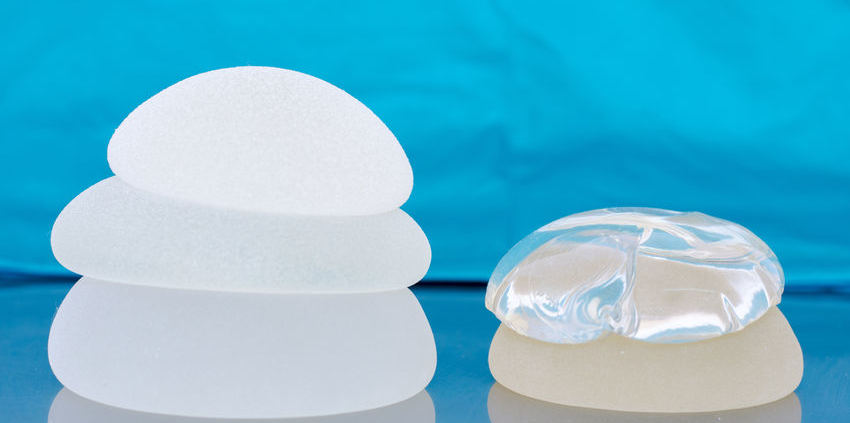10 October 2020
Breast implants that are used for reconstruction or cosmetic augmentation can have either a smooth or textured surface, and plastic and reconstructive surgeons may prefer one or the other type of implant for various reasons. Last year, the US FDA recalled several types of textured implants manufactured by Allergan due to their link to breast implant-associated anaplastic large cell lymphoma (BIA-ALCL). BIA-ALCL is not thought to be associated with an increased risk of breast cancer, and is generally treated by removal of the implant and associated fibrous capsule (more information on BIA-ALCL and the FDA recall here).
A study recently published in JAMA Surgery* found that women who underwent post-mastectomy reconstruction using textured implants had a higher rate of breast cancer recurrence compared with those who had reconstruction performed with smooth implants.
The retrospective study was performed in South Korea, and evaluated the outcomes of 650 women (total of 687 implants) who underwent mastectomy and implant reconstruction for breast cancer, from 2011 – 2016. 413 of the implants were textured and 274 were smooth. Mean age was 43.5 and the majority of patients had early stage (I or II) breast cancer. 15% received postoperative radiation therapy and 44% received postoperative chemotherapy.
There were 28 breast cancer recurrences over the study period (4%). Local recurrences (in the chest wall area) were the same in both groups. 10 patients experienced distant recurrence (metastatic disease), and all had received textured implants.
One cannot conclude from this study that the breast cancer recurrence was due to the textured implants, and limitations of the work include the retrospective nature. Larger, multi-institution studies are likely. In the meantime, it is reasonable for patients who are planning on implant reconstruction to discuss implant type, associated risks, and alternatives with their plastic surgeon.
*If you are not able to access the full study and would like a copy, please email me: contact at drattai dot com

